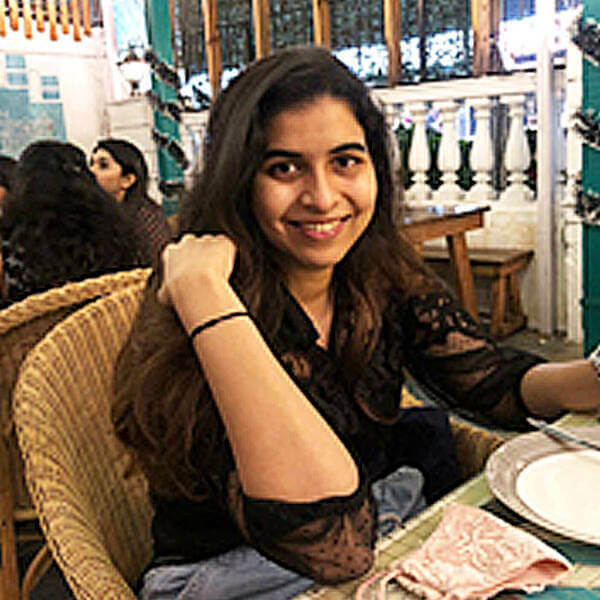Culture and race
February 19, 2021
I think there's a lot of cultural conversation on campus, like about food, culture, dance music, countries. Race is a little bit more serious, a little bit more not spoken about, but spoken about. I feel like I feel happy. I feel joyful when people ask me about my culture. I love to share about it. I love to talk about it. So I would never be offended when people ask me questions and they often feel not very confident in asking those questions. They feel like they come from a place where they don't know much. But I'm more than happy to answer even a question that seems seemingly mundane to them. When they ask, it makes me feel like they care about me and my culture. So that itself is a very special feeling. So I would say, like people need to stop feeling like they need to be politically correct all the time. Like sometimes you just need to ask the question because it's better to know then not to know. And the person on the other side would feel like you had the courage to ask and feel happy that you asked it and you cared enough to ask it. And then I think the outcome would be positive.
For me, when I think about culture, I think about maybe, just what comes to my mind is the food I eat or the clothes I wear or like the tourist destinations I would take you do if you visited my country. When I think about race, I think more into the history and how there has been inequality and how there has been, you know, there were points where different races were clearly not equal, even according to different governments, colonization and those kind of things. So maybe it's just my mental schema that works so differently with these two worlds that when I think about race, I think about something more solemn, something more serious. You need to really be engaged in that conversation. You have to think before you talk, at least I need to think before I talk a lot. When I think about culture, I think of something more fun, like you said, like a wedding. That's what my head would go. But I guess then they intersect at the point where culture and race meet like, at least in India, like South Asian/Asian race and that's the culture of things that make me belong even more to that community.
I could give you an example to clarify what I'm saying. Like take a South Asian person who resides in the U.S., born in the U.S., parents immigrated or grandparents immigrated. Their culture would be American culture, right? They eat hamburgers like they do a lot of the cultural things that make America. America celebrates the weekend, Fourth of July, you know, all those things. Thanksgiving dinner. And then obviously they have Indian elements to that culture, which they have inherited from their family who immigrated. But that culture is American. But their race won't, you know, be American it'd be like Asian, you know what I'm saying? So that's why you see your divergence.

Zahara Kagalwalla
Zahara Kagalwalla is a senior majoring in Business Analytics and Gender Studies.